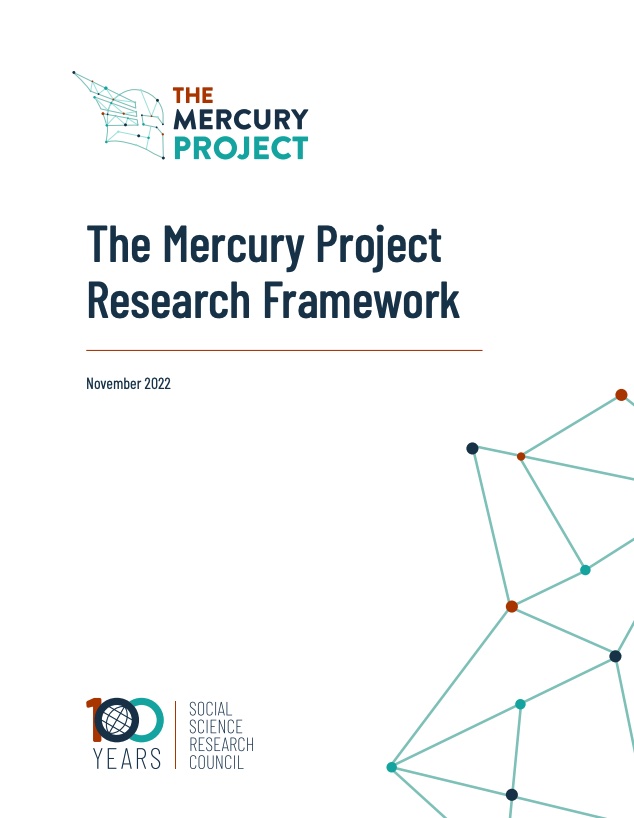ABSTRACT
Healthcare decisions, including decisions to vaccinate, are an amalgamation of complex cultural, social, and psychological interactions, including perceptions of risk, trust in healthcare, locally relevant norms of behavior, and social learning. Understanding both the proximate as well as ultimate-level drivers of vaccine decision-making is crucial to alleviating the burden of disease, and increasing vaccine uptake. In contrast with the large existing body of work on healthcare decision-making from industrialized countries, our study will take place in a set of rural, underserved communities in northwest Namibia, in a region undergoing rapid market integration. This will allow us to determine how shifts in cultural norms, perceptions of disease, and interactions with national healthcare systems affect the ways people learn about disease and their likelihood of using preventative care measures like vaccines. This region is well-suited for this project because the population consists of multiple ethnic groups with variable levels of market integration, different experiences with colonial powers and systemic discrimination, and varying experience with the healthcare system, all of which we predict will influence future healthcare decisions. Specifically, in collaboration with the University of Namibia, we will examine how local models of illness shape vaccination practice, how individual-level factors—including medical mistrust—shape perceptions and use of the healthcare system, how sociodemographic factors shape vaccine beliefs, and how social learning influences individual vaccination decisions.


